AARP Hearing Center

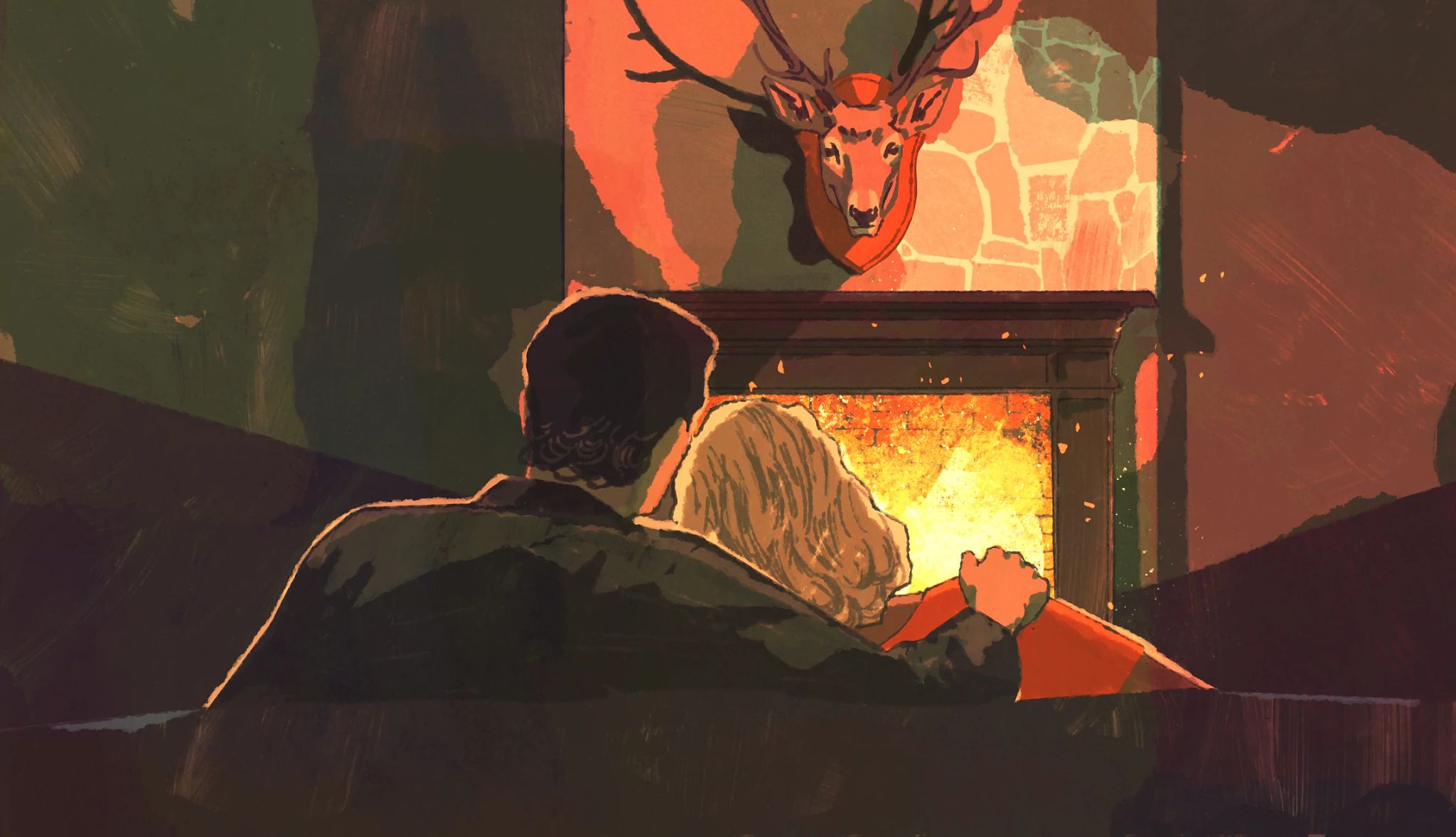
Jump to chapters
Chapter 13
Sophia
“You know what this means, right? Dinner with his mom?” Marcia said. As she spoke, she was nibbling from a box of raisins, which Sophia knew would comprise her breakfast, lunch, and dinner for the day. Marcia, like a lot of girls in the house, either saved her calories for cocktails later or made up for the extra cocktail calories from the night before.
Sophia was fastening a clip in her hair, just about ready to go.
“I think it means we’re going to eat.”
“You’re being evasive again,” Marcia noted. “You didn’t even tell me what you two did on Thursday night.”
“I told you we changed our minds and went out for some Japanese food. And then we drove to the ranch.”
“Wow,” she said. “I can practically imagine the whole night unfolding in high detail.”
“What do you want me to say?” Sophia said, exasperated.
“I want details. Specifics. And since you’re so obviously trying not to tell me, I’m just going to assume that you two got hot and heavy.”
Sophia finished with the clip. “We didn’t. Which makes me wonder why you’re so interested . . .”
“Oh, gee, I don’t know. Maybe because of the way you’ve been flitting around the room? Because when we went to the party on Friday night, you didn’t freak out even when you saw Brian? And during the football game, when your cowboy called, you wandered off to talk to him, even though the team was just about to score. If you ask me, it seems like things are already getting serious.”
“We met last weekend. It’s not serious yet.”
Marcia shook her head. “No. I’m not buying it. I think you like this guy a lot more than you’re saying. But I should also warn you that it’s probably not a good idea.”
When Sophia turned toward her, Marcia dumped the last of the raisins into her palm and crumpled the box. She tossed it toward the garbage and missed, as usual. “You just came off a relationship. You’re on the rebound. And rebound relationships never work,” she said with complete assurance.
“I’m not on the rebound. I broke up with Brian a long time ago.”
“It wasn’t so long ago. And just so you know, he’s still not over you. Even after what happened last weekend, he still wants you back.”
“So?”
“I’m just trying to remind you that Luke is the first guy you’ve gone out with since then. Which means that you haven’t had time to figure out what it is you really want in a guy. You’re still off-kilter. Can’t you remember the way you were acting last weekend? You freaked out because Brian showed up. And now, while in this emotional state, you’ve found someone else. That’s what rebound means, and rebound relationships don’t work because you’re not in the right frame of mind. Luke isn’t Brian. I get that. All I’m trying to say is that, in a few months, you might want something more than simply, He’s not Brian. And by then, if you’re not careful, you’ll get hurt. Or he will.”
“I’m just going to dinner,” Sophia protested. “It’s not that big of a deal.”
Marcia popped the last of the raisins into her mouth. “If you say so.”
+++
Sometimes, Sophia hated her roommate. Like right now, while driving out to the ranch. She’d been in a good mood for the past three days, even enjoying the party and Friday’s football game. Earlier today, she’d gotten a big chunk done on a paper for her Renaissance art class, which wasn’t due until Tuesday. All in all, an excellent weekend, and then, just as she was getting ready to cap it off in just the right way, Marcia had to open her mouth and put all these crazy thoughts in her head. Because one thing she knew for sure was that she wasn’t on the rebound.
Right?
The thing was, she wasn’t simply over Brian, she was glad about it. Since last spring, the relationship had made her feel like Jacob Marley, the ghost in A Christmas Carol, who had to carry forever the chains he’d forged in life. After Brian had cheated the second time, part of her had checked out emotionally, even though she didn’t end it right away. She’d still loved him, just not in the same blind, innocent, all-consuming way. Part of her had known he wouldn’t change, and that feeling only grew stronger over the summer, and her instincts were proven right. By the time they’d broken up, it felt as if it had already been over for a long time.
And yes, she admitted she’d been upset afterward. Who wouldn’t be? They’d dated for almost two years; it would have been strange if she hadn’t been upset. But she was far more upset by the other things he’d done: the calls, the texts, following her around campus. Why didn’t Marcia understand that?
Satisfied that she’d sorted through everything, Sophia approached the exit that would lead to the ranch, feeling a little better. Marcia didn’t know what she was talking about. She was doing fine emotionally, and she wasn’t on the rebound. Luke was a nice guy and they were still getting to know each other. It wasn’t like she was going to fall in love with him. It wasn’t like the thought had even occurred to her.
Right?
+++
As Sophia pulled up the drive, she was still trying to silence the irritating voice of her roommate, unsure whether she should park at Luke’s or head on over to the farmhouse. It was already getting dark, and a thin layer of fog had drifted in. Despite her headlights, she had to lean over the wheel to see where she was going. She drove slowly, vaguely wondering if Dog would appear to direct her. Just then, she spotted him wandering into the road at the turnoff.
Dog trotted ahead of the car, occasionally glancing over his shoulder until she reached Luke’s bungalow. She pulled to a stop and parked in the same location she had before. Lights were blazing inside, and she saw Luke in the window, standing in what she thought might be the kitchen. By the time she’d shut off the engine and climbed out, Luke was stepping off the porch and walking toward her. He wore jeans and boots and a white collared shirt with the sleeves rolled halfway up, his hat nowhere in sight. She took a deep breath, steadying herself, wishing again she hadn’t talked to Marcia. Despite the darkness, she could tell he was smiling.
“Hey there,” he called out. When he was close, he leaned in to kiss her, and she caught a whiff of shampoo and soap. It was short, just a kiss of greeting, but somehow he must have sensed her hesitation.
“Something’s bothering you,” he said.
“I’m okay,” she demurred. She offered a quick smile but found it hard to look at him.
He said nothing for a beat, then nodded. “All right,” he said. “I’m glad you’re here.”
Despite his unwavering gaze, she realized that she wasn’t sure what he was thinking. “Me too.”
He took a small step backward and tucked a hand in his pocket. “Did you get your paper written?”
The distance made it easier for her to think.
“Not all of it,” she answered. “I got a good start, though. How did it go here?”
“Okay,” he said. “We sold most of the pumpkins. The only ones left are those that are better for pies, anyway.”
She noticed, for the first time, a trace of remaining dampness in his hair. “What will you do with those?”
“My mom will can them. And then, for the rest of the year, she’ll make the tastiest pies and pumpkin bread in the world.”
“Sounds like it could be another business.”
“Not a chance. Not because she couldn’t, but because she’d hate being in the kitchen all day. She’s kind of an outdoor person.”
“I guess she’d have to be.”
For a moment, neither of them said anything, and for the first time since she’d met him, the silence felt awkward. “You ready?” he asked, motioning toward the farmhouse. “I got the charcoal going just a few minutes ago.”
“I’m ready,” she said. As they walked, she wondered if he would reach for her hand, but he didn’t. Instead, he left her alone with her thoughts as they rounded the grove of trees. The fog continued to thicken, especially in the distance, the pastures entirely hidden from view. The barn was nothing but a shadow, and the farmhouse, with its lights beckoning in the windows, resembled a glowing jack-o’-lantern.
She could hear the crunch of gravel beneath her feet. “I just realized you never told me your mom’s name. Should I call her Mrs. Collins?”
The question seemed to stump him. “I don’t know. I just call her Mom.”
“What’s her first name?”
“Linda.”
Sophia mentally tried them out. “I think Mrs. Collins,” she said. “Since it’s my first time meeting her. I want her to like me.”
He turned and, surprising her, she felt him take her hand in his. “She’ll like you.”
+++
Before they’d even had time to close the kitchen door, Linda Collins turned off the mixer and looked first to Luke, then scrutinized Sophia before turning back to Luke again. She set the mixer on the counter, the blades coated with mashed potatoes, and wiped her hands on her apron. As Luke had predicted, she was dressed in jeans and a short-sleeved shirt, though the boots had been replaced with walking shoes. Her graying hair was pulled back in a loose ponytail.
“So this is the young woman you’ve been hiding, huh?”
She opened her arms, offering Sophia a quick hug. “It’s nice to meet you. Call me Linda.”
Her face showed the effects of years spent working in the sun, though her skin was less weather-beaten than Sophia had expected. There was an underlying strength to her embrace, the kind of muscle tone that came from hard work.
“Nice to meet you. I’m Sophia.”
Linda smiled. “I’m glad Luke finally decided to bring you over to say hello. For a while there, I couldn’t help but think he was embarrassed about his old mom.”
“You know that’s not true,” Luke said, and his mom winked before moving to hug him as well.
“Why don’t you get the steaks going? They’re marinating in the fridge, and it’ll give Sophia and me a chance to get to know each other.”
“All right. But remember that you promised to go easy on her.”
Linda couldn’t hide the mirth in her expression. “I honestly don’t know why he’d say such a thing. I’m a nice person. Can I get you something to drink? I made some sun tea this afternoon.”
“That would be great,” Sophia said. “Thanks.”
Luke flashed her a good luck expression before retreating to the porch, while Linda poured a glass of tea and handed it to Sophia. Her own glass was on the counter, and she moved back to the stove, where she twisted open a jar of green beans that Sophia guessed had come from the garden.
Linda put them in the pan with salt and pepper, along with butter. “Luke said that you go to Wake Forest?”
“I’m a senior there.”
“Where are you from?” she asked, turning the burner on low. “I take it you’re not from around here.”
She’d asked in exactly the same way Luke had on the night they’d met—curious, but not judgmental. Sophia responded by filling Linda in on the whos, whats, wheres, and whens in her life, though only in broad strokes. At the same time, Linda shared some details about life on the ranch, and the conversation flowed as easily as it had with Luke. From what Linda described, it was clear that she and Luke were interchangeable when it came to chores—both could do it all, although Linda mostly handled the bookkeeping and cooking while Luke did a bit more of the outdoor work and mechanical repairs, more out of preference than anything else.
By the time she’d finished cooking, Linda motioned toward the table just as Luke returned. He poured himself a glass of tea and went back outside to finish the steaks.
“There’ve been times when I wished I had gone to college,” Linda went on. “Or, if not that, at least had taken some classes.”
“What would you have studied?”
“Accounting. Maybe some classes in agriculture or cattle management. I had to teach myself, and I made a lot of mistakes.”
“You seem to be doing okay,” Sophia observed.
Linda said nothing, merely reached for her glass and took another drink.
“You said you had younger sisters?”
“Three,” Sophia said.
“How old are they?”
“Nineteen and seventeen.”
“Twins?”
“My mother tells me that she was happy with two, but my dad really wanted a boy so they tried one more time. She swears she almost had a heart attack in the doctor’s office when she heard the news.”
Linda reached for her tea. “I’ll bet it was fun growing up with so many of you in the house.”
“Actually, it was an apartment. Still is. But it was fun, even if it was a little cramped at times. I miss sharing a room with my sister Alexandra. We slept in the same room until I went off to college.”
“So you’re close.”
“We are,” Sophia admitted.
Linda studied her in the acute way that Luke often did. “But?”
“But . . . it’s different now. They’re still my family and we’ll always be close, but things changed when I left the state to come to Wake. Alexandra, even though she goes to Rutgers, still gets home every other weekend or so, sometimes more, and Branca and Dalena are living in the house and going to high school and working at the deli.
“Meanwhile, I’m down here eight months a year. In the summers, just when it begins to feel like things are getting back to normal, it’s time for me to leave again.” She ran her nail over the scuffed wooden table. “The thing is, I don’t know what I can do to fit in again. I graduate in a few months, and unless I end up with a job in New York or New Jersey, I don’t know how often I’ll get back home. And what’s going to happen then?”
Sophia could feel Linda’s eyes on her, and she realized that it was the first time she’d ever shared those thoughts out loud. She wasn’t sure why. Maybe because the conversation with Marcia had left her feeling off balance, or maybe it was because Linda seemed like someone she could trust. As she said the words, though, she suddenly realized she’d wanted to say them for a long time to someone who would understand.
Linda leaned forward and patted the top of her hand. “It’s hard, but keep in mind that it happens to almost every family. Kids move away from their parents, brothers and sisters drift apart because life gets in the way. But then often, after a while, they get closer again. The same thing happened to Drake and his brother . . .”
“Drake?”
“My late husband,” she said. “Luke’s father. He and his brother were close, and then when Drake went on the circuit, they barely talked for years. Later, though, after Drake retired, they started growing close again. That’s the difference between family and friends. Family is always there, no matter what, even when it’s not right next door. Which means that you’ll find a way to keep the connection alive. Especially since you realize how important it is.”
“I do,” Sophia said.
Linda sighed. “I always wanted brothers and sisters,” she confessed. “I always thought it would be fun. Having someone to play with, someone to talk to. I used to ask my mom about it all the time and she’d just say, ‘We’ll see.’ What I didn’t know until I was older was that my mom had a series of miscarriages and . . .” Her voice faltered before she went on. “She just couldn’t have any more. Sometimes, things just don’t work out the way you want them to.”
As she said it, Sophia had the distinct feeling that Linda might have suffered some miscarriages as well. As soon as she realized it, however, Linda slid her chair back, obviously ending the subject. “I’m going to cut up some tomatoes for the salad,” she announced. “The steaks should be ready any minute.”
“Do you need some help?”
“You could help me set the table,” she agreed. “The plates are there, and utensils are in the drawer over there,” she said, pointing.
Sophia retrieved them and finished setting the table. Linda diced tomatoes and cucumbers and shredded the lettuce, then tossed everything together in a brightly colored bowl just as Luke returned with the steaks.
“We need to let these sit for a couple of minutes,” Luke said, putting the platter of steaks on the table.
“Perfect timing,” his mom said. “Let me just get the beans and potatoes in bowls, and dinner will be ready.”
Luke took a seat. “So what were y’all talking about in here? From outside, I got the sense that you two were knee-deep in serious conversation.”
“We were talking about you,” his mom said, turning around, a bowl in each hand.
“I hope not,” he said. “I’m not that fascinating.”
“There’s always hope,” his mom quipped, making Sophia laugh.
Dinner passed easily, punctuated by laughter and stories. Sophia told them about some of the antics that went on at the sorority house—including the fact that the plumbing had to be replaced because too many girls were bulimic, which corroded the pipes—and Luke told a few stories about some of the more colorful events on tour, one of which included a friend— who went nameless—and a woman he picked up at the bar who turned out to be . . . not quite what he imagined. Linda regaled her with stories of Luke’s boyhood as well as some of his stunts from high school, none of which were too outrageous. Like many of the kids she’d known in high school, he’d gotten in trouble, but she also learned that he’d won the state championship in wrestling—in addition to the rodeo stuff—in both his junior and senior years. No wonder Brian hadn’t intimidated him.
Through it all, Sophia watched and listened, Marcia’s warnings becoming fainter with every passing minute. Having dinner with Linda and Luke was easy. They listened and talked in the same informal, spirited way her own family did—entirely different from the socially self-conscious interactions at Wake.
When they’d finished their meal, Linda served the pie she’d baked, which was just about the best thing Sophia had ever tasted. Afterward, the three of them cleaned up the kitchen, Luke washing the dishes while Sophia dried and Linda wrapped the extra food and put it away.
The pattern was so comfortingly similar to what went on back home, making Sophia think about her own family, and for the first time she wondered what her parents would think of Luke.
+++
On the way out the door, Sophia hugged Linda, as did Luke, Sophia noticing again the muscle definition on her arms as she squeezed. When she pulled back, Linda winked. “I know you two are going to go visit, but just remember that Sophia’s got school tomorrow. You don’t want her up too late. And you yourself have an early day.”
“I always have an early day.”
“You slept in this morning, remember?” Then she turned to Sophia. “It was a pleasure meeting you, Sophia. Come by again soon, okay?”
“I will,” Sophia promised.
As Luke and Sophia walked into the cold night air, the fog, even thicker now, had given the landscape a dreamlike quality. Sophia’s breaths came out in little puffs, and she looped her arm through Luke’s as they made their way to his house.
“I like your mom,” she said. “And she wasn’t at all like I imagined, based on how you described her.”
“What did you imagine?”
“I thought I’d be afraid of her, I guess. Or that she wouldn’t show any emotion at all. I don’t meet many people who ignore a broken wrist all day.”
“She was on her best behavior,” Luke explained. “Trust me. She’s not always like that.”
“Like when she’s angry with you.”
“Like when she’s angry with me,” he agreed. “And other times, too. If you watch her dealing with suppliers or when the cattle go to market or whatever, she can be pretty ruthless.”
“So you say. I think she’s sweet and smart and funny.”
“I’m glad. She liked you, too. I could tell.”
“Yeah? How?”


























































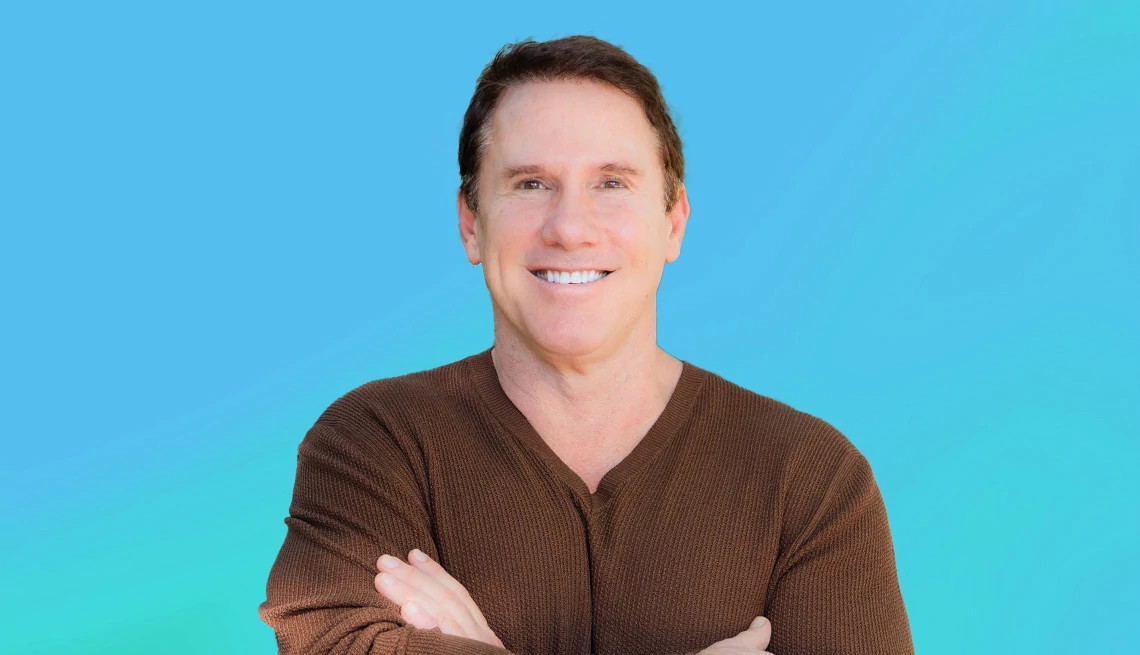.jpg?crop=true&anchor=0,0&q=80&color=ffffffff&u=lywnjt&w=1140&h=655)
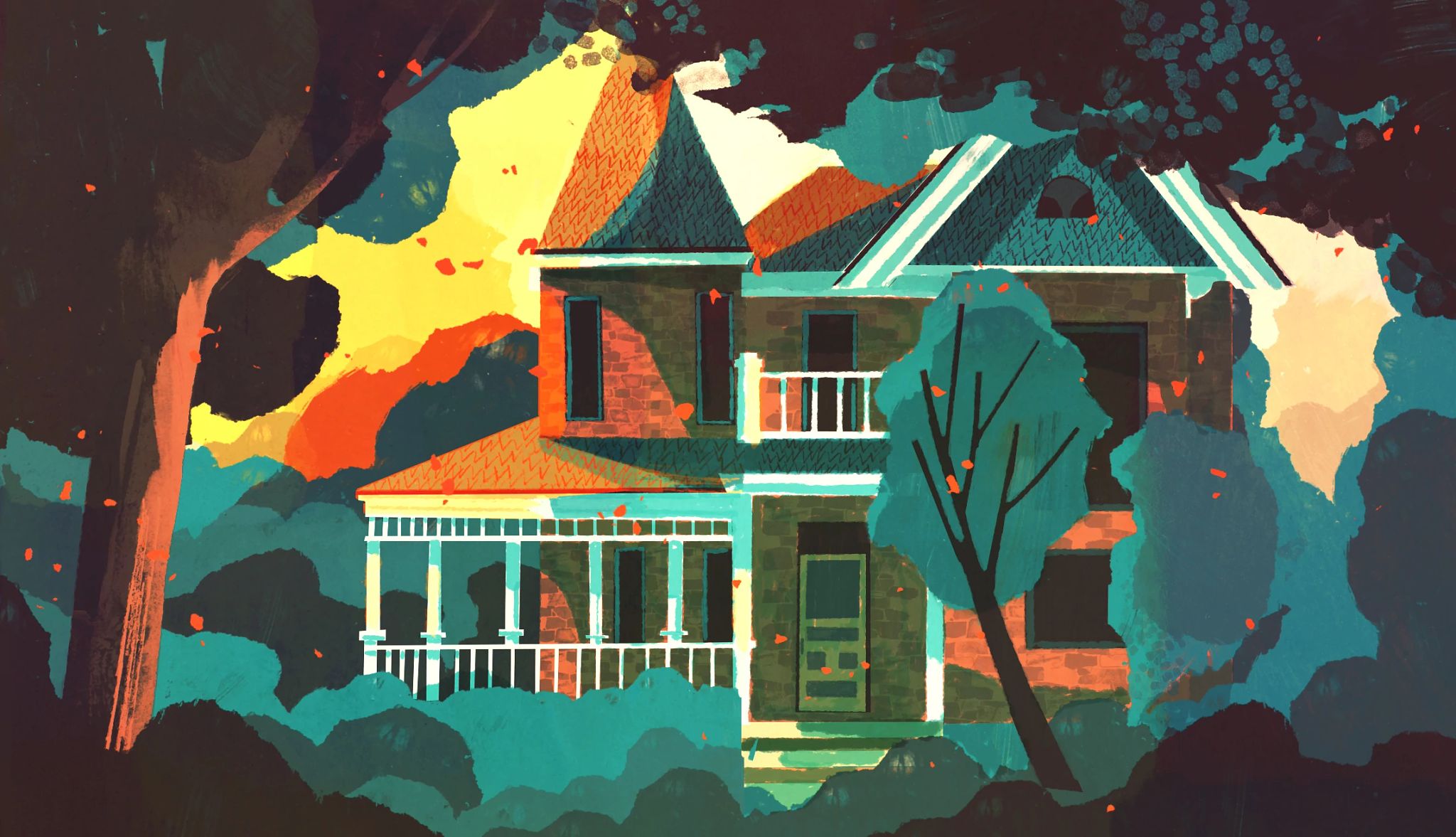
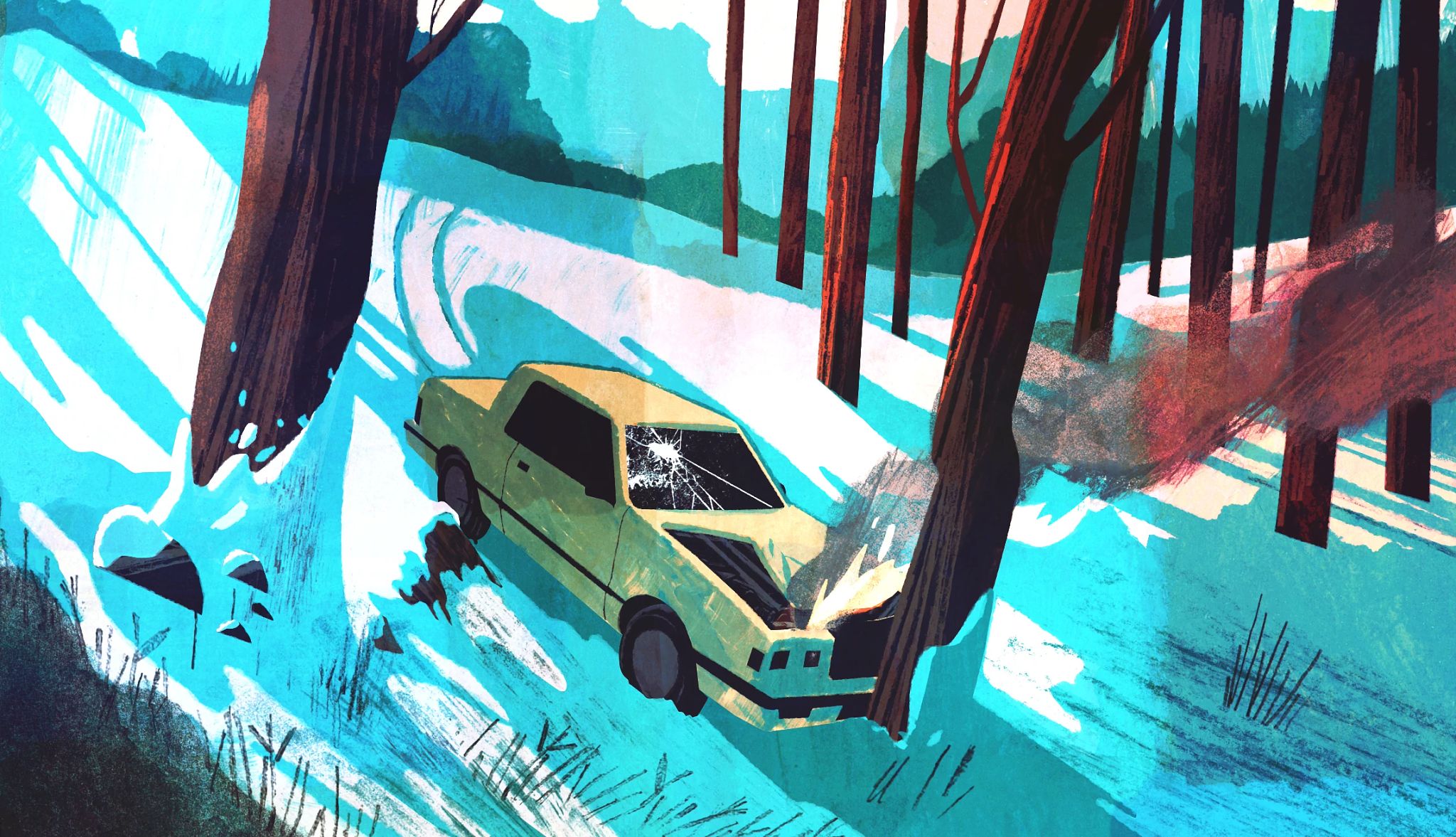
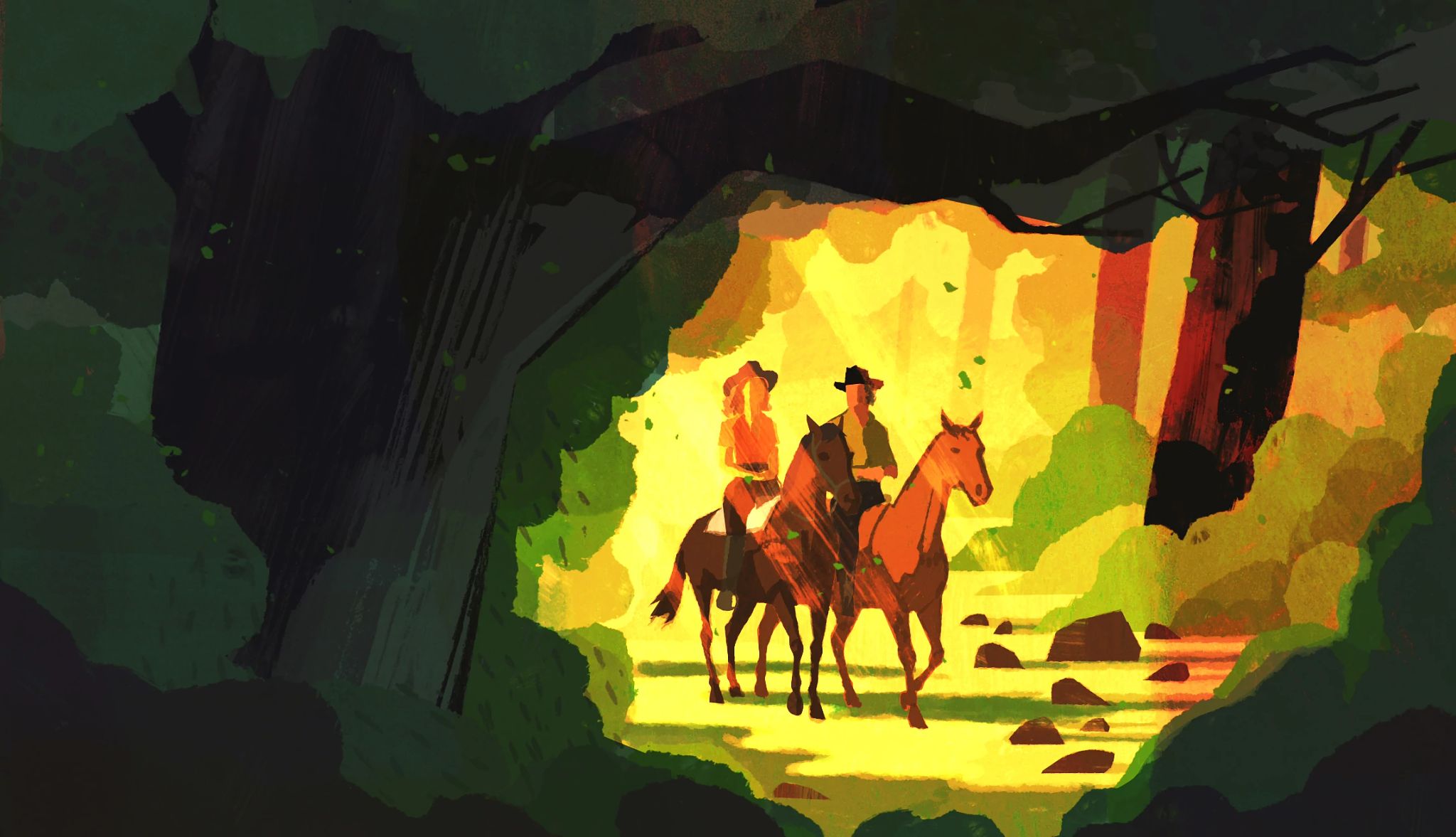
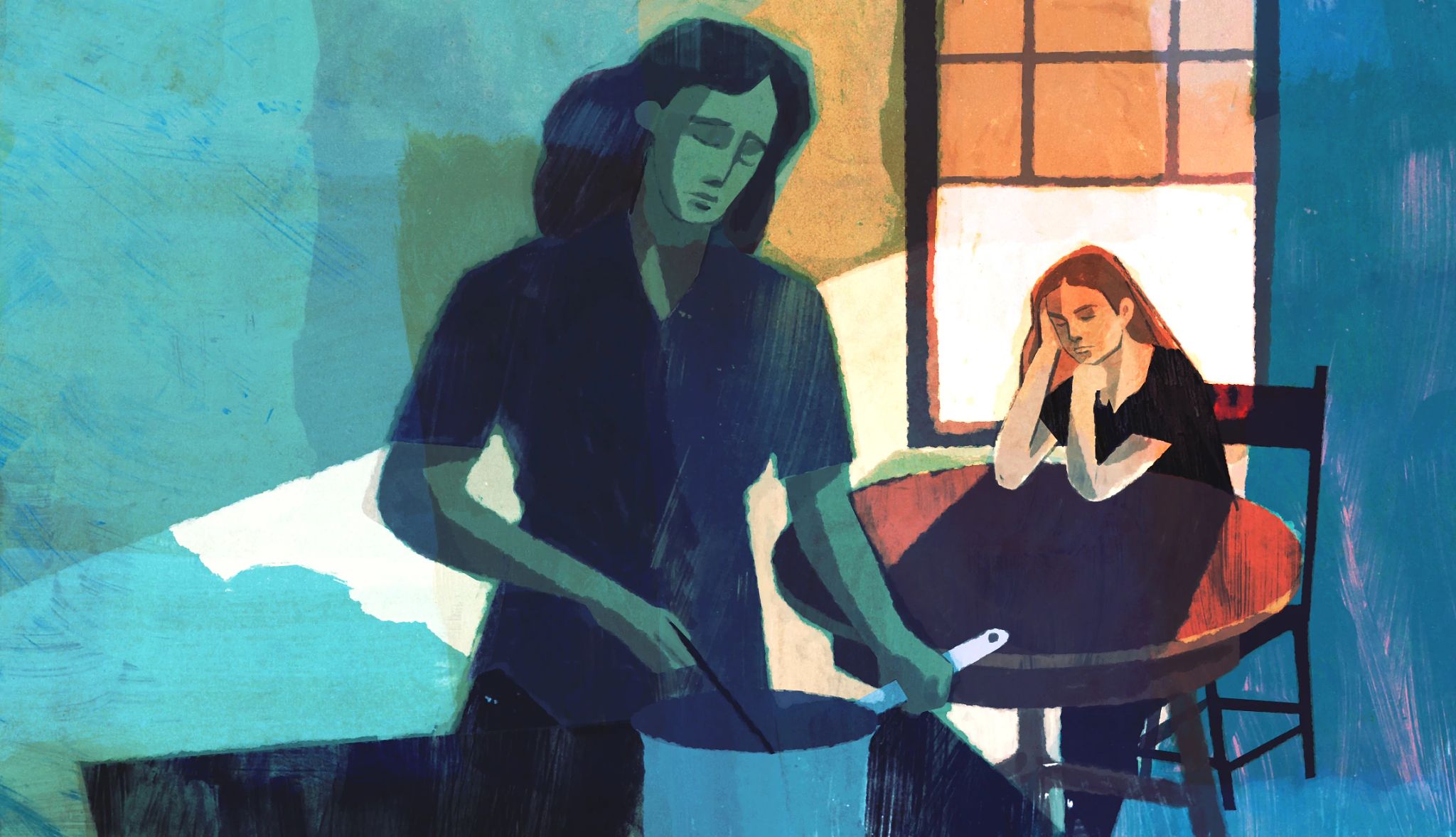
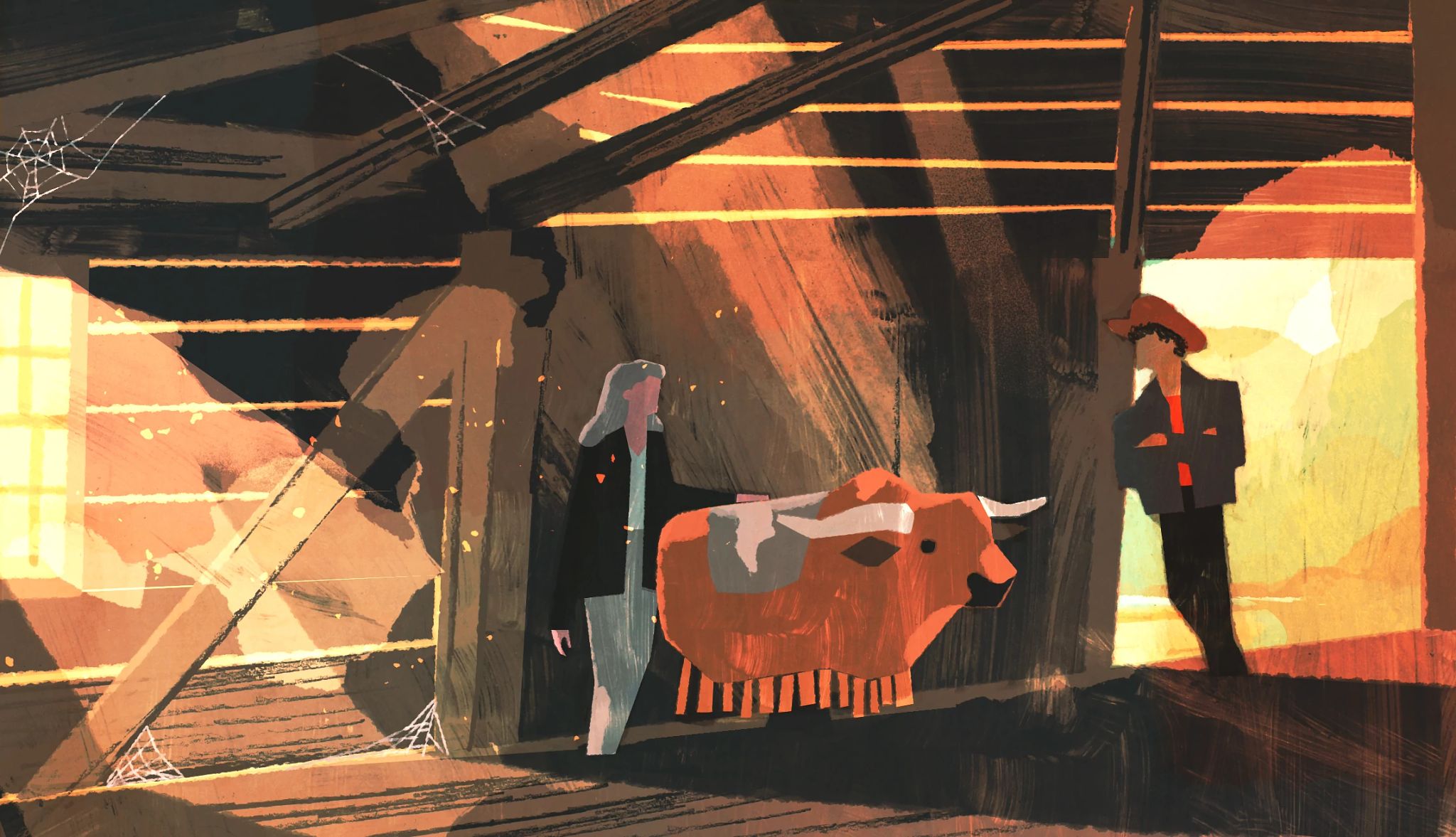
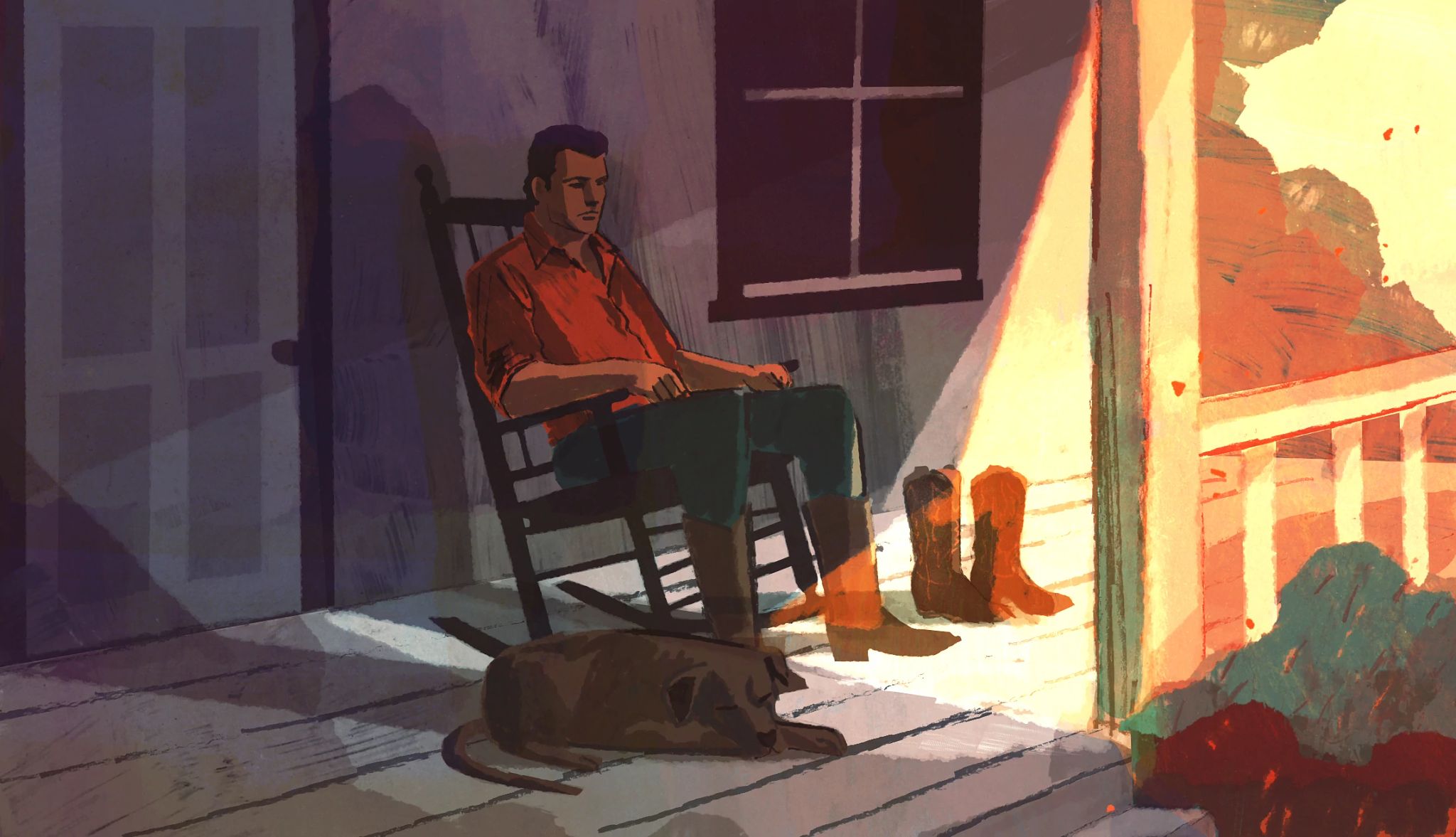
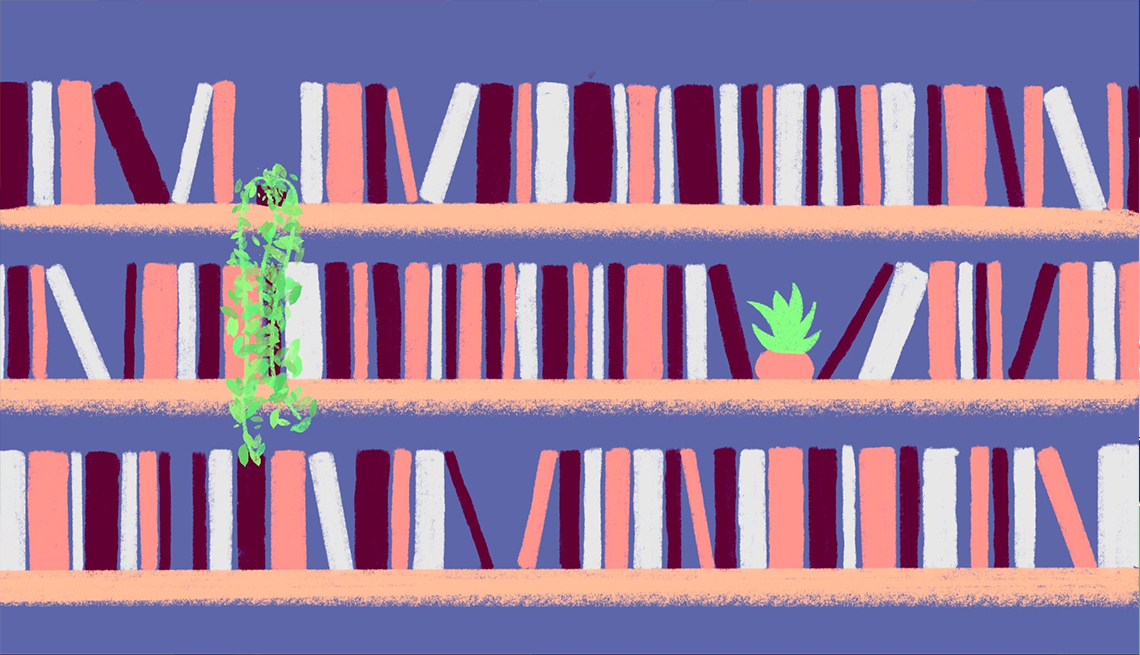
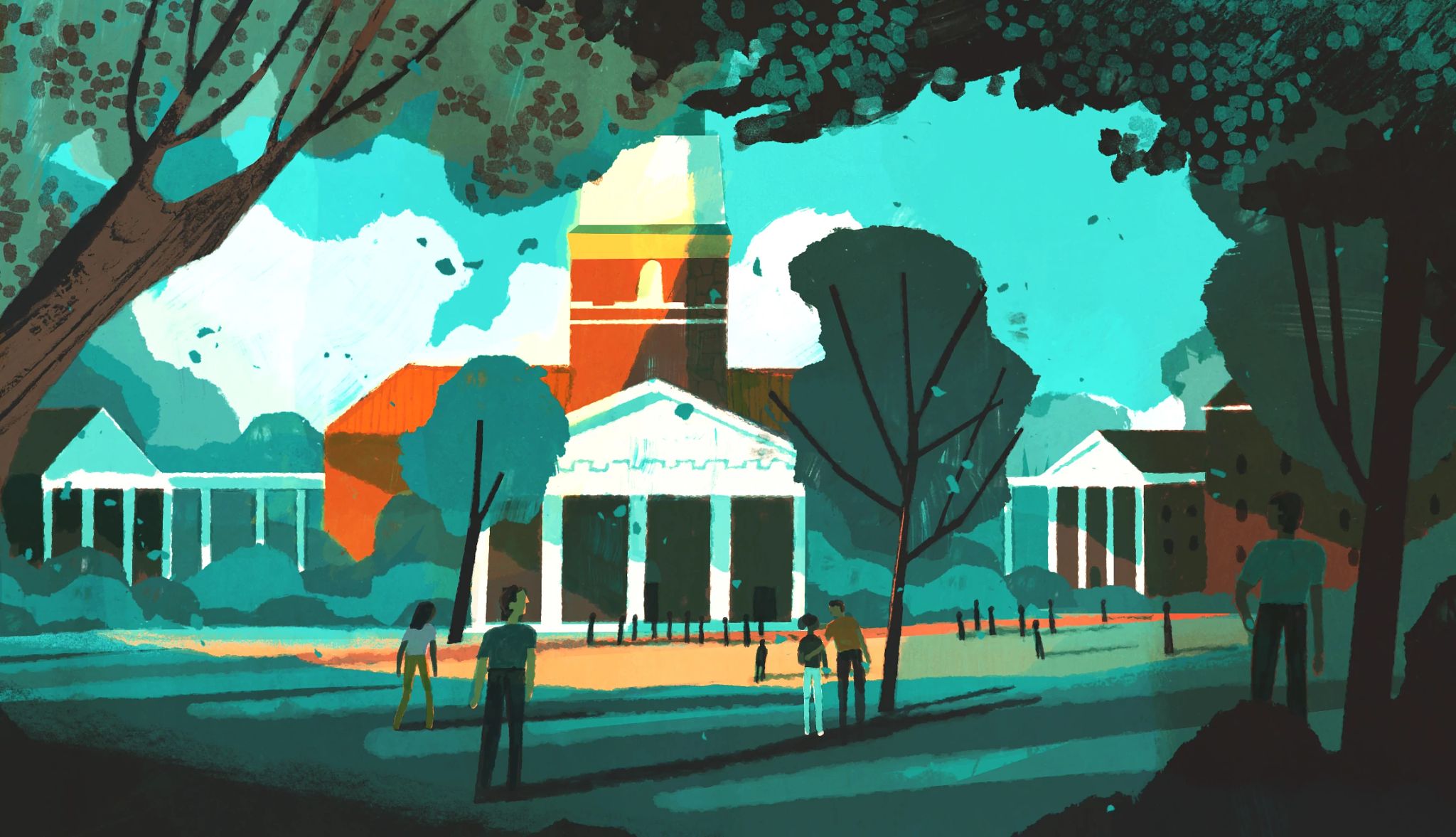
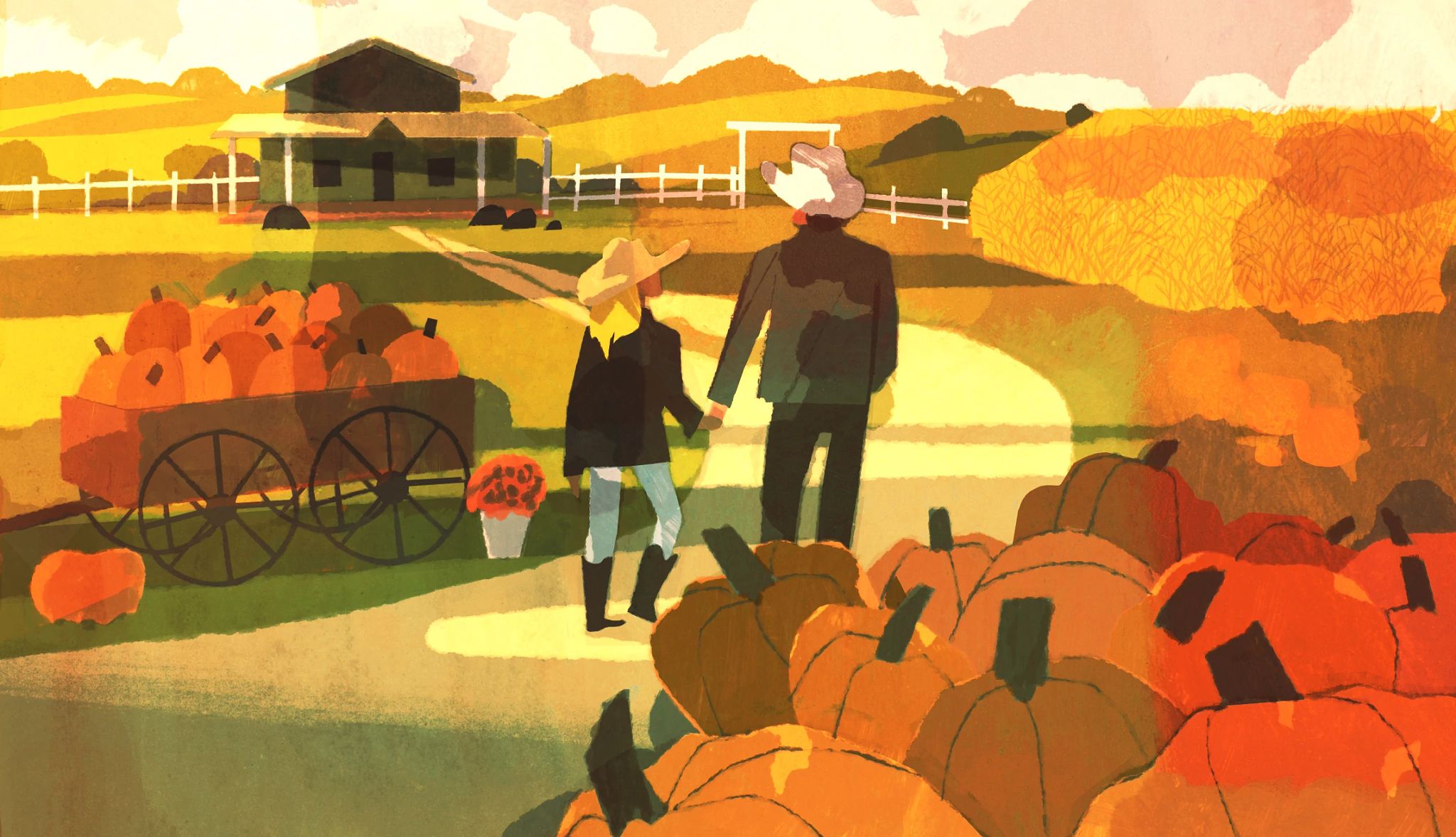
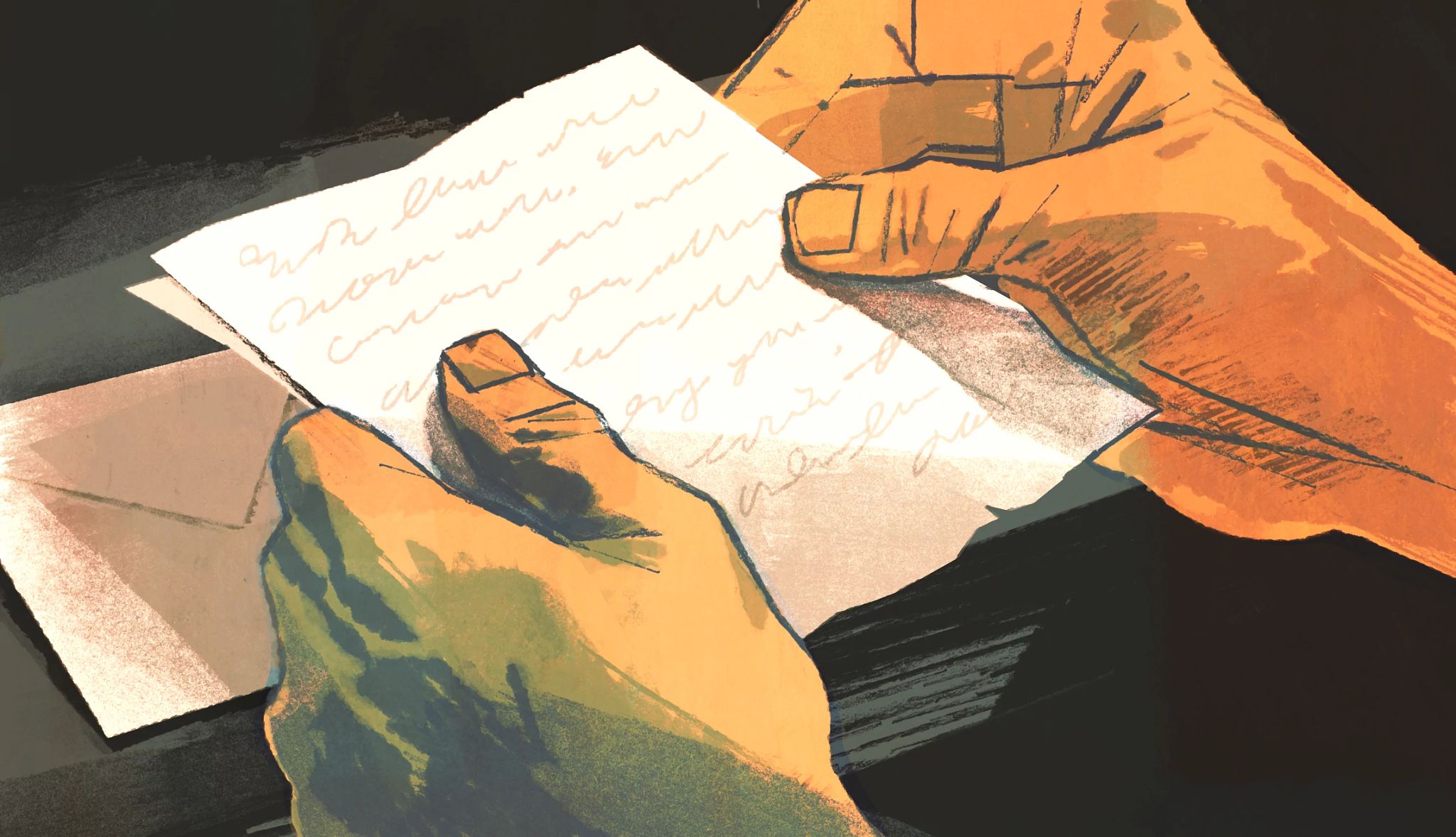
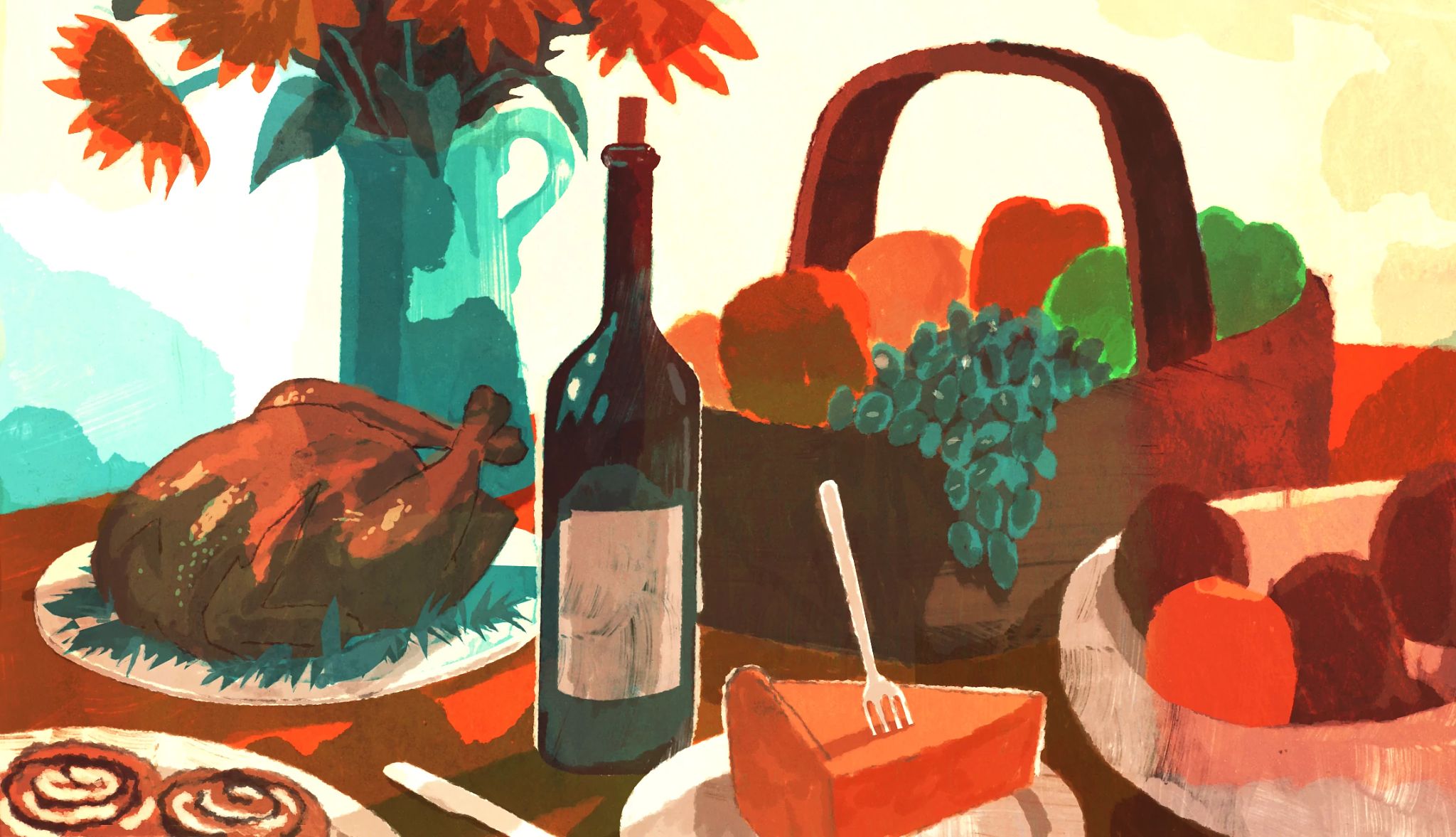


You Might Also Like
Is Nicholas Sparks as Romantic as the Leading Men in His Stories?
Author of ‘The Longest Ride’ and other best-selling novels discusses life, love and his new book, ‘Counting Miracles’
Free: ‘The Excitements’ by CJ Wray
Feel-good romp follows the law-breaking escapades of two quirky 90-something WWII vet sisters
More Free Books Online
Check out our growing library of gripping mysteries and other novels by popular authors available in their entirety
Recommended for You